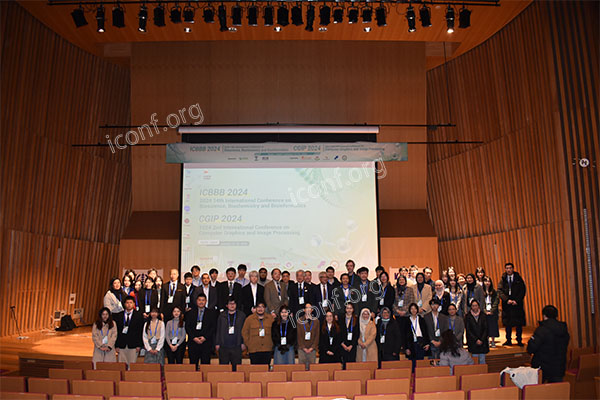The world of academia and research is constantly evolving, and conference calls for submissions play a crucial role in this dynamic landscape. These calls open doors for individuals to share their intellectual contributions and engage in meaningful.
For the transactional aspect of conference submissions, it means that the work presented should have a direct impact or relevance in a practical sense. It could involve research that addresses real-world problems, proposes innovative solutions, or offers new perspectives that can be implemented in various industries or fields.
When it comes to finding top conferences, iconf.org emerges as a valuable resource. It curates a comprehensive list of conferences from diverse disciplines, ensuring that researchers can easily identify the ones that align with their area of expertise. On iconf.org, detailed information about each conference is provided, including its focus, submission deadlines, and review criteria.
To achieve submission success, meticulous preparation is essential. Begin by thoroughly understanding the conference theme and objectives. Tailor your research paper to fit within these parameters, highlighting how your work contributes to the overall goals of the conference. A strong abstract is also vital as it serves as the first impression of your submission. Make it engaging, concise, and representative of the key points of your research.
Furthermore, the body of the paper should be well-written, with a logical flow of ideas. Use clear and precise language, and avoid jargon that might be unfamiliar to a broader audience. Illustrate your points with relevant examples and evidence, strengthening the validity of your arguments.
In summary, conference calls for submissions are excellent opportunities for researchers to showcase their work and connect with peers. By leveraging the resources available on iconf.org and following the guidelines for effective submission, you can enhance your prospects of having your research recognized and making a significant impact in your field.
